Keynote speakers

Massimo Airoldi holds a PhD in Sociology and Methodology from the University of Milan and is currently Assistant Professor at Emlyon Business School, where he is a member of the Lifestyle Research Center. His research interests include boundary processes, algorithmic culture, digital research methods, consumption and taste. His book Machine Habitus: Toward a Sociology of Algorithms is forthcoming with Polity.
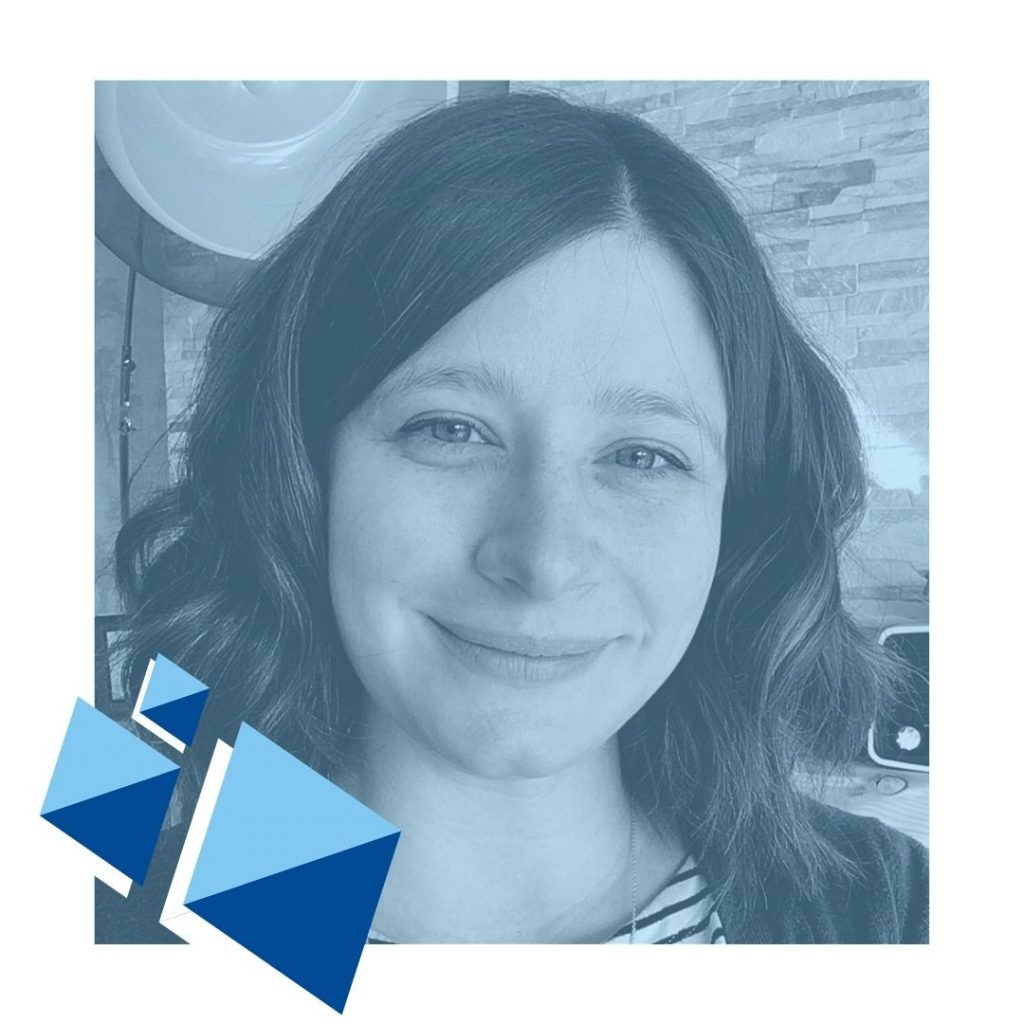
Laurie Hanquinet holds a doctorate in Political and Social Sciences from the ULB. She served nine years at the University of York as a Lecturer then Senior Lecturer in Sociology, before joining the ULB again as an Associate Professor in Sociology. Her research is interested in cultural institutions, socio-cultural inequalities and mixed methods in social sciences. She conducted research on visitors of museums of modern and contemporary art (see her monograph Du musée aux pratiques culturelles enquête sur les publics de musées d’art moderne et contemporain, Editions de l’Université de Bruxelles, 2014) and on the different dimensions of cultural and social participation in Belgium and Great Britain. She published the Routledge International Handbook of the Sociology of Art and Culture (2016), with Mike Savage. She also worked on European identity and intergroup relations, among others in the context of the European EUCROSS project.

Adrian Leguina (BSc Universidad Diego Portales, MSc Pontificia Universidad Catolica de Chile, PhD University of Manchester) joined Loughborough University in 2017 as Lecturer in Quantitative Social Sciences and as a member of the Centre for Research in Communication and Culture. Prior to joining Loughborough, he was a Postdoctoral Research Associate at the Understanding Everyday Participation project. He is currently working on a reconceptualization of cultural capital and identities, interrogating existing national large-scale surveys in combination with qualitative data, and highlighting their relevance to understand social and digital inequalities, as well as life course trajectories, education, politics, and everyday experiences. He is also working on the Arts and Humanities Research Council project, ‘Widening access to arts and culture through video streaming’, with Dr Richard Misek and in partnership with Arts Council England and digital arts agency The Space.

Roza Meuleman is an Assistant Professor at the Department of Sociology at the Radboud University and an affiliate of the research institute Radboud Social Cultural Research (RSCR) and the Interuniversity Center for Social Science Theory and Methodology (ICS). She obtained her PhD in 2014 from Utrecht University with a dissertation on domestic and foreign cultural consumption and their relation to social stratification and nationalist attitudes. Her current research focuses on cultural and social capital, their consequences on the job market, and the differences herein between men and women. In 2017 she received an NWO Veni grant to study the role of cultural tastes in accessing social network resources and the consequences for social inequality and social cohesion. Roza Meuleman was involved in the coordination of several major international data collections, including several rounds of the European Social Survey.

Sabina Mihelj joined Loughborough University in 2004, having previously worked and studied in Slovenia, Hungary and Germany. She is a full professor of Media and Cultural Analysis, who is particularly interested in the comparative study of media cultures across both traditional and new media, with a focus on public culture, nationalism, identity, and audiences. She has written extensively on the relationship between communication, nations and nationalism, Cold War media and culture, and comparative media research. Her research was funded by the Arts and Humanities Research Council, the Economic and Social Research Council, the British Academy, the Leverhulme Trust, the Norwegian Research Council, and the Ministry of Science and the Ministry of Culture of the Republic of Slovenia. Sabina Mihelj also has a track record of collaboration with non-academic stakeholders, among others in the context of her research on Cold War television and everyday life. Her current work on the role of media in the rise of illiberalism in Eastern Europe, conducted with Dr Václav Štětka, involves collaboration with the European Broadcasting Union, European Federation of Journalists, and the European Platform of Regulatory Authorities.
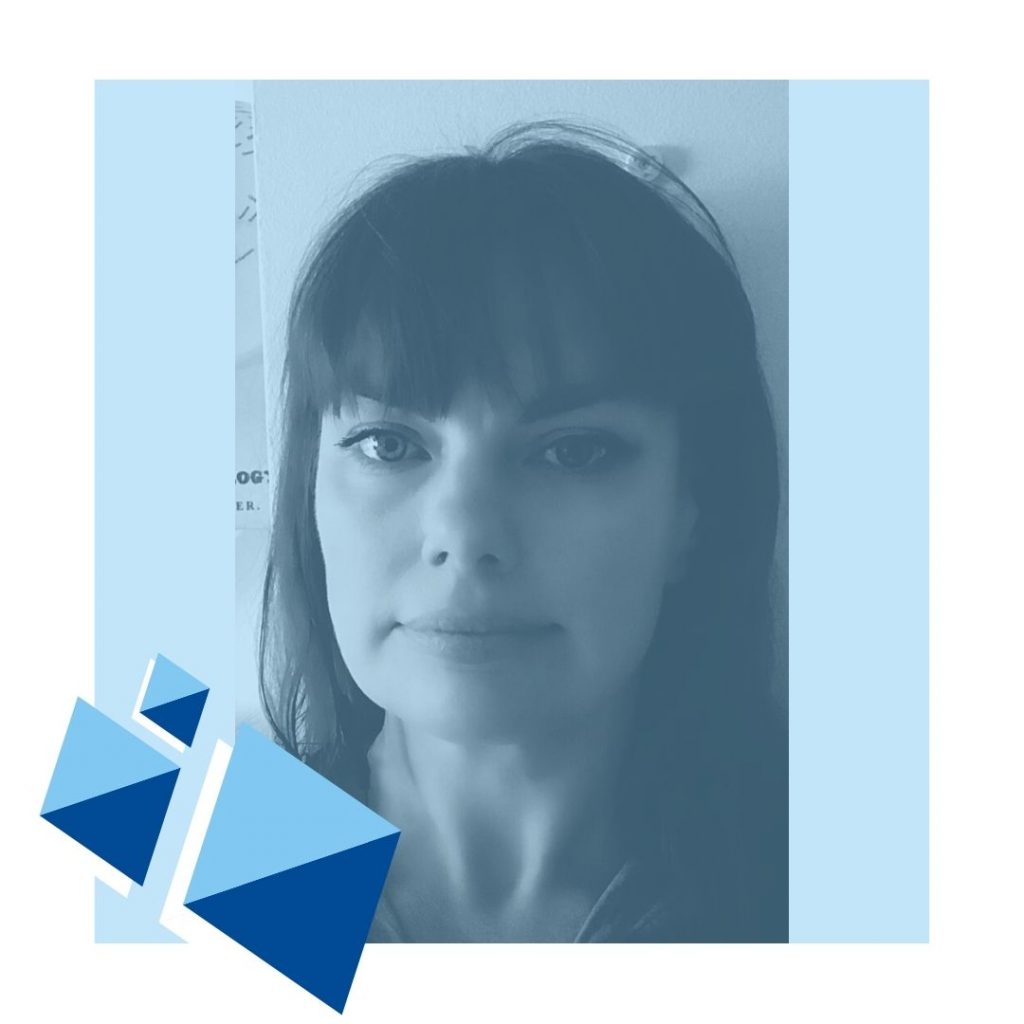
Susan Oman is a Lecturer in Data, AI, and Society at the University of Sheffield. Prior to this, she held two consecutive AHRC fellowships looking at data in the creative economy at the Sheffield Methods Institute (2019) and the University of Leeds (2018). She completed her PhD at the University of Manchester in 2017, which was an interdisciplinary study on the cultural politics of data, participation, and well-being. It was specifically concerned with the contexts of metrics and knowledge production for policy. Her monograph Understanding Well-being data: Improving social and cultural policy, practice and research will be published open access by Palgrave McMillan in October 2021.
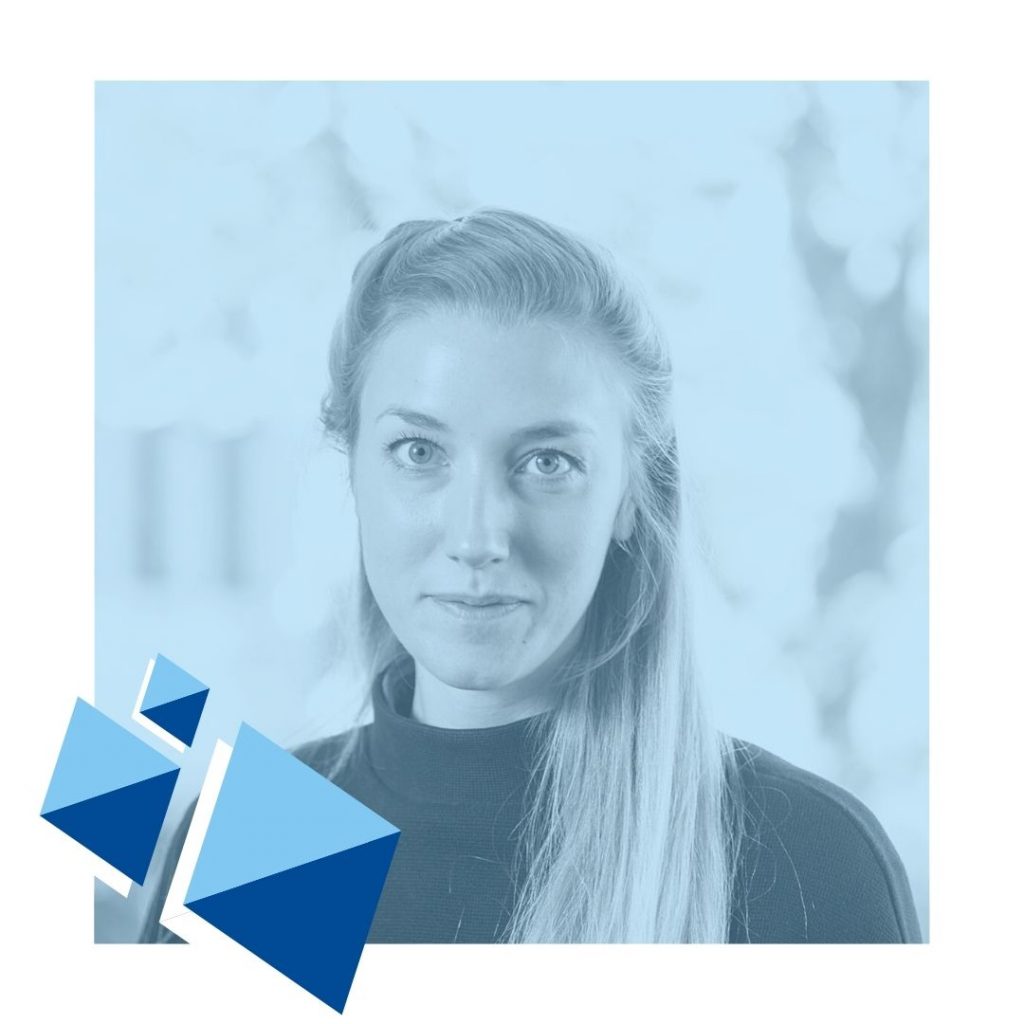
Femke Vandenberg is a PhD candidate and lecturer at the Department of Arts and Culture Studies at Erasmus University, Rotterdam. Her PhD research into the Aesthetic Dispositions of Cultural Audiences is part of the Erasmus Initiative Vital Cities and Citizens. Its primary focus is on the experience of live music for different cultural audiences. As a cultural sociologist, she is interested in the role music plays in society, focusing on the collective values of live music. Since the onset of the COVID-19 pandemic, her research has branched out to explore the growing domain of live music online, analysing the potential of live-streamed concerts in establishing the social components of live music for various audiences.

Ian Woodward is a full professor of Consumption, Culture, and Commerce at the University of Southern-Denmark. He has published extensively in the areas of cosmopolitanism studies, material cultures, cultural consumption, and contemporary music economies. He is currently leading the HERA project on European Music Festivals, Public Spaces and Cultural Diversity project (FestiVersities) that critically interrogates the relationship between culture, public space and social integration in music festivals in Denmark, Ireland, the Netherlands, Poland, and the United Kingdom.

Dave O’Brien is Chancellor’s Fellow in Cultural and Creative Industries, based in the School of History of Art at the University of Edinburgh, but working across several areas of study. He did his PhD in Sociology at the University of Liverpool, looking at European Capital of Culture. Before joining the University of Edinburgh Dave was Senior Lecturer in Cultural Policy at ICCE, Goldsmiths. He has a BA in History and Politics and an MA in Philosophy, both from Liverpool. Dave has published widely on all areas of cultural and creative industries, including cultural policy, urban regeneration, cultural work, public policy, and cultural consumption. He has also written on decision making in the British Civil Service, social mobility, and British urban policy. His most recent book, co-authored with Orian Brook and Mark Taylor, is Culture is bad for you: Inequality in the cultural and creative industries.
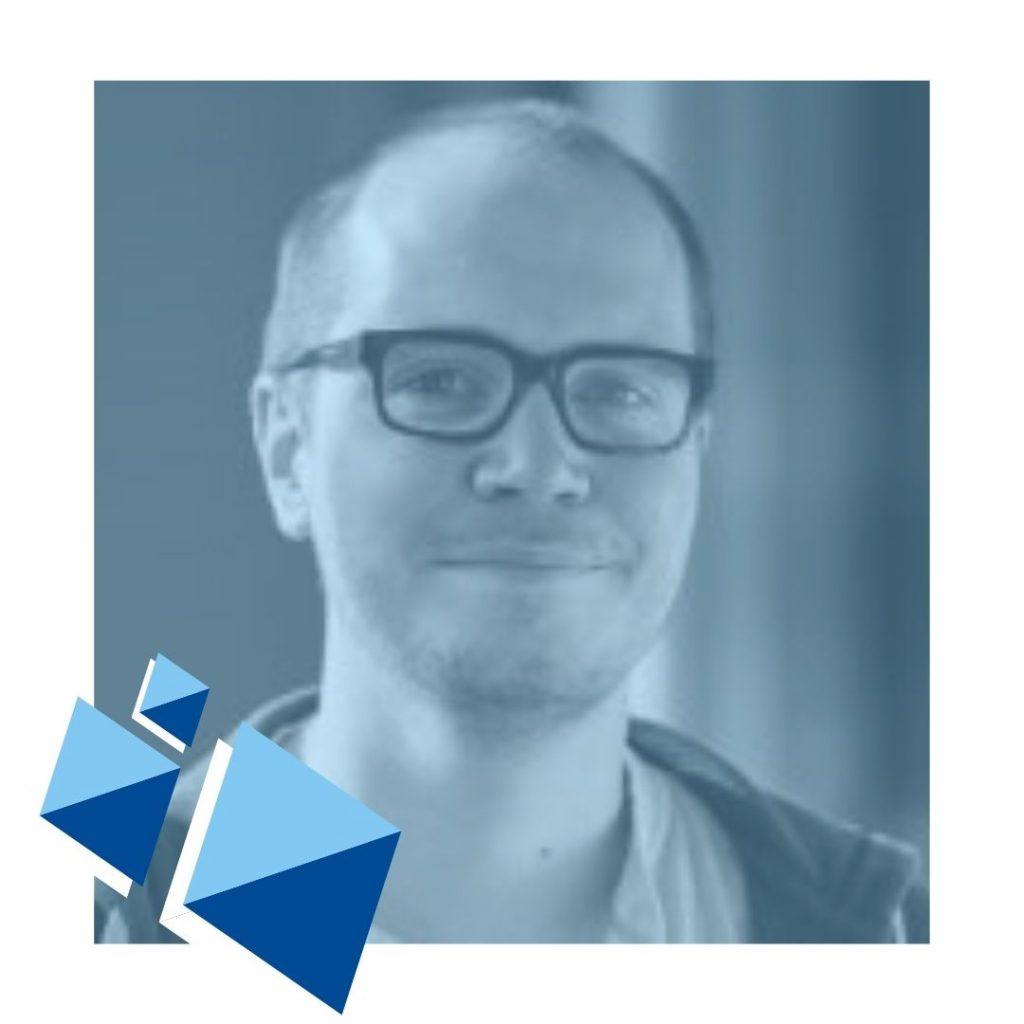
Mark Taylor is Senior Lecturer in Quantitative Methods, and AHRC Leadership Fellow (Creative Economy) at the University of Sheffield. He is interested in cultural and creative industries, with particular focuses on social inequalities in work and in participation. His background is in sociology, but his research interests are interdisciplinary, across sociology, cultural policy, cultural studies, music, and other fields. His most recent book, with Orian Brook and Dave O’Brien, is Culture Is bad for you: Inequality in the cultural and creative industries. Mark joined the SMI in 2014. Before that, he worked at the Universities of Manchester and York, and completed his DPhil in Sociology at the University of Oxford.
Participants | Session Diversity and Inclusion in Cultural Policy and Practice

Bente Bergmans is Quality Advisor at the Netherlands Museums Association (Museumvereniging) and represents the interests of over 400 museums in the Netherlands. Through (inter-)national dialogue, codes of conducts and knowledge sharing amongst the members, Bente is involved in policy making that include ethics, governance, collections (de-accessioning, loans, looted art, restitution, colonial heritage) and diversity & inclusion. Bente has a background in Cultural Anthropology and Development Sociology and conducted an in-depth fieldwork research about the underground music scene of Yogyakarta, Indonesia, in 2016.
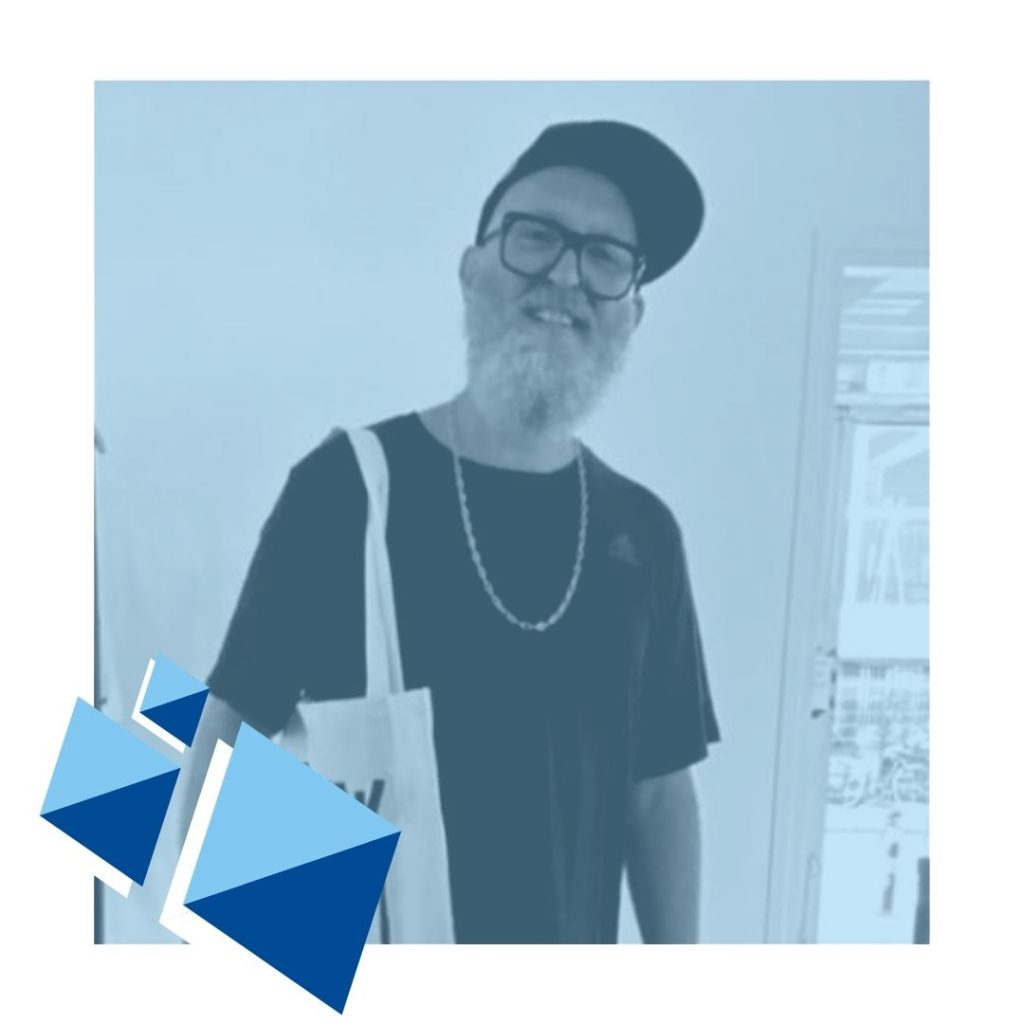
Janpier Brands is the director of venue and production house WORM at the Witte de With in Rotterdam. WORM has a program almost every day, which varies from exhibitions to concerts and club nights. Janpier is originally from Friesland, where he set up cultural venue Neushoorn in 2015 and worked for many years as a manager, lecturer, and coach at the Minerva Academy for Pop Culture in Leeuwarden. In 2017, he moved to Rotterdam to fulfil the role of director of WORM. Janpier Brands is one of the initiators of Culture/Inclusive, a network of cultural organisations, that aims to tackle institutional racism and exclusion in the Rotterdam cultural sector.

Sylvia Holla – member of the Dutch Invent team – is a postdoctoral researcher at the Department of Media and Communication at the Erasmus University Rotterdam. As a cultural sociologist she specializes in beauty, aesthetics and morality, labour conditions in creative industries, cultural globalization, gender and sexuality, and media representations.

Zsuzsa Kravalik is a programme expert for ForwArt project (Urban Innovative Actions). Zsuzsa has been working with municipalities across Europe to foster sustainable living, increase well-being and self-esteem of urban dwellers. She has been designing and implementing and evaluating projects which aim to transform urban practices and to create change in individual behaviour
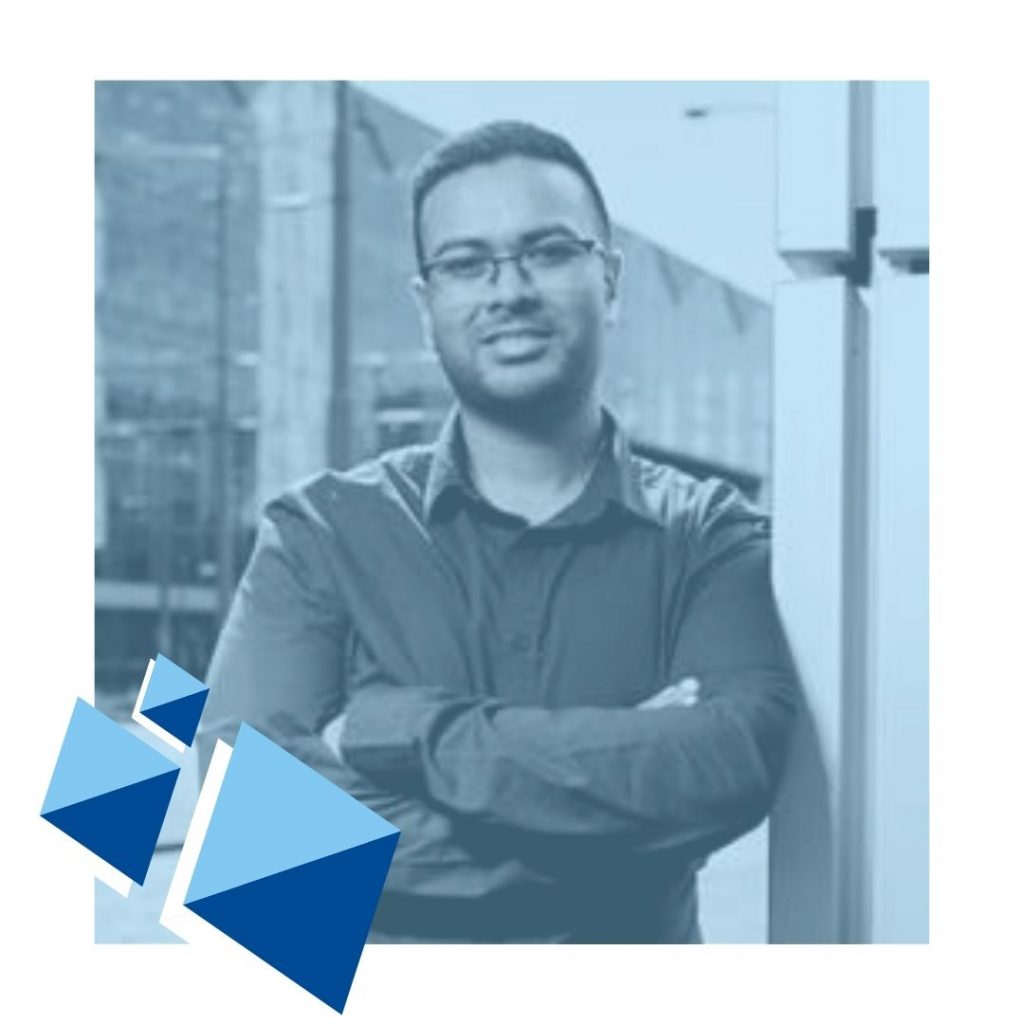
Vinesh Oedai is a senior policy officer at the Dutch ministry of Education, Culture and Science. As policy officer he works on inclusive cultural policies, with a focus on policy for (national) museums. He started his policy career in 2014 and has been working in the area of cultural policy since 2017
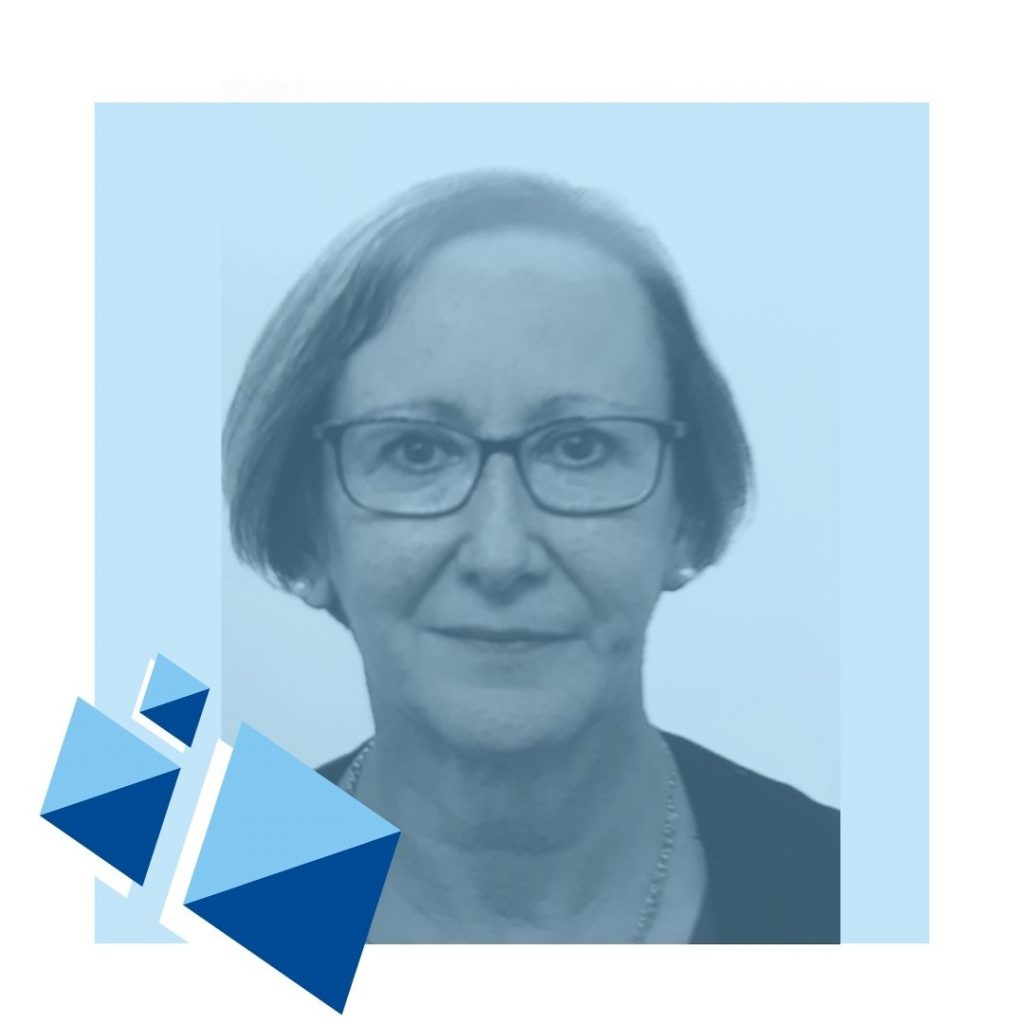
Olga Smit is a senior policy advisor for the City of Rotterdam. She works in the Culture department. Part of her portfolio is the development of diversity and inclusiveness policies. Inclusiveness is one of the spearheads of municipal cultural policy. With quality and the intrinsic value of culture as the starting point, the cultural sector must be a sector in which there is a place for every Rotterdammer without distinction, as a visitor, as a staff member, or as a maker. A sector in which talent can develop and present itself, a sector that all Rotterdammers embrace. The Culture department wants to support the culture sector in this and is currently developing, for example, a dashboard that charts the progress of the policy, considering the applicable privacy rules.

FULL LIST OF SPEAKERS
Massimo Airoldi holds a PhD in Sociology and Methodology from the University of Milan and is currently Assistant Professor at Emlyon Business School, where he is a member of the Lifestyle Research Center. His research interests include boundary processes, algorithmic culture, digital research methods, consumption and taste. His book Machine Habitus: Toward a Sociology of Algorithms is forthcoming with Polity.
Bente Bergmans is Quality Advisor at the Netherlands Museums Association (Museumvereniging) and represents the interests of over 400 museums in the Netherlands. Through (inter-)national dialogue, codes of conducts and knowledge sharing amongst the members, Bente is involved in policy making that include ethics, governance, collections (de-accessioning, loans, looted art, restitution, colonial heritage) and diversity & inclusion. Bente has a background in Cultural Anthropology and Development Sociology and conducted an in-depth fieldwork research about the underground music scene of Yogyakarta, Indonesia, in 2016.
Janpier Brands is the director of venue and production house WORM at the Witte de With in Rotterdam. WORM has a program almost every day, which varies from exhibitions to concerts and club nights. Janpier is originally from Friesland, where he set up cultural venue Neushoorn in 2015 and worked for many years as a manager, lecturer, and coach at the Minerva Academy for Pop Culture in Leeuwarden. In 2017, he moved to Rotterdam to fulfil the role of director of WORM. Janpier Brands is one of the initiators of Culture/Inclusive, a network of cultural organisations, that aims to tackle institutional racism and exclusion in the Rotterdam cultural sector.
Predrag Cvetičanin – leader of the Serbian INVENT team – is Associate professor of Sociology of Culture and Arts and Aesthetics at the Faculty of Arts, University of Nis and Cultural Policy and Cultural Rights at the UNESCO Chair at the University of Arts in Belgrade. His research interests are related to the emerging class structure in societies of South-East Europe, fields of cultural production and the relationship between social and cultural stratification in the SEE.
Laurie Hanquinet holds a doctorate in Political and Social Sciences from the ULB. She served nine years at the University of York as a Lecturer then Senior Lecturer in Sociology, before joining the ULB again as a Professor in Sociology. Her research is interested in cultural institutions, socio-cultural inequalities and mixed methods in social sciences. She conducted research on visitors of museums of modern and contemporary art (see her monograph Du musée aux pratiques culturelles enquête sur les publics de musées d’art moderne et contemporain, Editions de l’Université de Bruxelles, 2014) and on the different dimensions of cultural and social participation in Belgium and Great Britain. She published the Routledge International Handbook of the Sociology of Art and Culture (2016), with Mike Savage. She also worked on European identity and intergroup relations, among others in the context of the EU-funded EUCROSS project.
Riie Heikkilä – member of the Finnish INVENT team – is a postdoctoral researcher at Tampere University. Her main research interests include cultural capital, cultural consumption and social stratification, and comparative sociology in general. She recently completed a three-year research project “Understanding Cultural Disengagement in Contemporary Finland”, funded by the Academy of Finland and is currently leading a research project called “Redistribution of Cultural Capital in the Era of Algorithms: A Comparative Study of Finnish Libraries” (funded by Kone Foundation).
Susanne Janssen – leader of the INVENT consortium – is Professor of Sociology of Media and Culture and Research Director at the Department of Media and Communication of Erasmus University Rotterdam and founding academic director of the Erasmus Research Centre for Media, Communication and Culture (ERMeCC). Her current research focuses on the impacts of increased diversity, globalization, migration, and digitalization in the fields of media, culture, education, and politics.
Frédéric Lebaron – leader of the French INVENT team – is Professor of Sociology at the Ecole normale supérieure Paris-Saclay, where he heads the social sciences department (economics, sociology, history). He is also a researcher at the research group “Institutions et dynamiques historiques de l’économie et de la société” (IDHES, CNRS and ENS Paris-Saclay). His main research themes are economic sociology, sociology of inequality, social sciences methodology, especially “social space” investigations. He recently co-edited Empirical Investigations of Social Space with J.Blasius, B.Le Roux and A.Schmitz (Springer, 2020).
Adrian Leguina (BSc Universidad Diego Portales, MSc Pontificia Universidad Catolica de Chile, PhD University of Manchester) joined Loughborough University in 2017 as Lecturer in Quantitative Social Sciences and as a member of the Centre for Research in Communication and Culture. Prior to joining Loughborough, he was a Postdoctoral Research Associate at the Understanding Everyday Participation project. Adrian Leguina’s scholarly interests lie at the intersection of sociology of cultural consumption, social stratification, and quantitative research methods. He is currently working on a reconceptualization of cultural capital and identities, interrogating existing national large-scale surveys in combination with qualitative data, and highlighting their relevance to understand social and digital inequalities, as well as life course trajectories, education, politics, and everyday experiences. One of his current projects also includes working on the Arts and Humanities Research Council project, ‘Widening access to arts and culture through video streaming’, with Dr Richard Misek and in partnership with Arts Council England and digital arts agency The Space.
Tally Katz-Gerro – leader of the UK INVENT team is a sociologist of culture, consumption, environment, and inequality. Since 2017 she serves as co-Editor-in-Chief of the journal Poetics. She is honorary Reader at the University of Manchester, Visiting Professor at the University of Turku, and co-coordinator of the Sustainable Consumption Research and Action Initiative (SCORAI) in Israel.
Jordi López Sintas – leader of the Spanish INVENT team – is Professor in Social Sciences at Universitat Autònoma de Barcelona (UAB), senior researcher at CERHUM (UAB), PI of the CMC Research Group, and president of Espacual. He is interested in comparative research, social inequalities, consumption studies, leisure research, digital divide, sociology of arts, and research methodologies.
Franziska Marquart – member of the Danish INVENT team – is a Communication scientist focusing on political communication and media effects in old and new media environments. She holds a PhD in Communication Science from the University of Vienna (Austria) and a MA from the University of Erfurt (Germany). Before joining the INVENT project, she was a postdoctoral researcher at the University of Amsterdam (The Netherlands), where she studied the nature, composition, and consequences of citizens’ attitudes towards the EU as part of the Europinions project.
Roza Meuleman is an Assistant Professor at the Department of Sociology at the Radboud University and an affiliate of the research institute Radboud Social Cultural Research (RSCR) and the Interuniversity Center for Social Science Theory and Methodology (ICS). She obtained her PhD in 2014 from Utrecht University with a dissertation on domestic and foreign cultural consumption and their relation to social stratification and nationalist attitudes. Her current research focuses on cultural and social capital, their consequences on the job market, and the differences herein between men and women.In 2017 she received an NWO Veni grant to study the role of cultural tastes in accessing social network resources and the consequences for social inequality and social cohesion. Roza Meuleman was involved in the coordination of several major international data collections, including several rounds of the European Social Survey.
Sabina Mihelj joined Loughborough University in 2004, having previously worked and studied in Slovenia, Hungary and Germany. She is a full professor of Media and Cultural Analysis, who is particularly interested in the comparative study of media cultures across both traditional and new media, with a focus on public culture, nationalism, identity, and audiences. She has written extensively on the relationship between communication, nations and nationalism, Cold War media and culture, and comparative media research. Her research was funded by the Arts and Humanities Research Council, the Economic and Social Research Council, the British Academy, the Leverhulme Trust, the Norwegian Research Council, and the Ministry of Science and the Ministry of Culture of the Republic of Slovenia. Sabina Mihelj also has a track record of collaboration with non-academic stakeholders, among other in the context of her research on Cold War television and everyday life Her current work on the role of media in the rise of illiberalism in Eastern Europe, conducted with Dr Václav Štětka, involves collaboration with the European Broadcasting Union, European Federation of Journalists, and the European Platform of Regulatory Authorities.
Nete Nørgaard Kristensen – leader of the Danish INVENT Team – is a Professor of Media Studies at the Department of Communication, University of Copenhagen, where she also serves as head of Section of Media Studies. She specializes in research about cultural journalism and cultural criticism across media. She has extensive research management experience as PI for several national and Nordic projects and networks.
Dave O’Brien is Chancellor’s Fellow in Cultural and Creative Industries, based in the School of History of Art at the University of Edinburgh, but working across several areas of study. He did his PhD in Sociology at the University of Liverpool, looking at European Capital of Culture. Before joining the University of Edinburgh Dave was Senior Lecturer in Cultural Policy at ICCE, Goldsmiths. He has a BA in History and Politics and an MA in Philosophy, both from Liverpool. Dave has published widely on all areas of cultural and creative industries, including cultural policy, urban regeneration, cultural work, public policy, and cultural consumption. He has also written on decision making in the British Civil Service, social mobility, and British urban policy. His most recent book, co-authored with Orian Brook and Mark Taylor, is Culture is bad for you: Inequality in the cultural and creative industries.
Vinesh Oedai is a senior policy officer at the Dutch Ministry of Education, Culture and Science. As policy officer he works on inclusive cultural policies, with a focus on policy for (national) museums. He started his policy career in 2014 and has been working in the area of cultural policy since 2017.
Susan Oman is a Lecturer in Data, AI, and Society at the University of Sheffield. Prior to this, she held two consecutive AHRC fellowships looking at data in the creative economy at the Sheffield Methods Institute (2019) and the University of Leeds (2018). She completed her PhD at the University of Manchester in 2017, which was an interdisciplinary study on the cultural politics of data, participation, and well-being. It was specifically concerned with the contexts of metrics and knowledge production for policy. Her monograph Understanding Well-being data: Improving social and cultural policy, practice and research will be published open access by Palgrave McMillan in October 2021.
Mirko Petrić – co-leader of the Croatian INVENT team – works as an expert adviser at the Institute of Social Sciences “Ivo Pilar“ and Senior Lecturer in the Department of Sociology at the University of Zadar (Croatia). He specializes in cultural sociology and has worked as a researcher in several international projects (FP5, The British Council, SNFS, UNESCO IFCD).
Semi Purhonen – leader of the Finnish INVENT team – is a Professor of Sociology at Tampere University. He is an expert in the fields of cultural sociology, consumption, lifestyles, and social stratification; sociology of age, generation and social change; and comparative research and sociological theory. He has ample experience with developing and directing large-scale collaborative research projects.
Jörg Rössel – leader of the Swiss INVENT team – is Professor of Sociology at the University of Zurich. His research interests include economic sociology, sociology of consumption, migration and sociological theory. His publications appeared in European Sociological Review, Journal of Consumer Culture, Poetics, Rationality and Society, and Sociological Perspectives, among others.
Mark Taylor is Senior Lecturer in Quantitative Methods, and AHRC Leadership Fellow (Creative Economy) at the University of Sheffield. He is interested in cultural and creative industries, with particular focuses on social inequalities in work and in participation. His background is in sociology, but his research interests are interdisciplinary, across sociology, cultural policy, cultural studies, music, and other fields. His most recent book, with Orian Brook and Dave O’Brien, is Culture Is bad for you: Inequality in the cultural and creative industries. Mark joined the SMI in 2014. Before that, he worked at the Universities of Manchester and York, and completed his DPhil in Sociology at the University of Oxford.
Femke Vandenberg is a PhD candidate and lecturer at the Department of Arts and Culture Studies at Erasmus University, Rotterdam. Her PhD research into the Aesthetic Dispositions of Cultural Audiences is part of the Erasmus Initiative Vital Cities and Citizens. Its primary focus is on the experience of live music for different cultural audiences. As a cultural sociologist, she is interested in the role music plays in society, focusing on the collective values of live music. Since the onset of the COVID-19 pandemic, her research has branched out to explore the growing domain of live music online, analysing the potential of livestreamed concerts in establishing the social components of live music for various audiences.
Marc Verboord – member of the Dutch INVENT team – is Associate Professor and Head of the Department of Media and Communication at Erasmus University Rotterdam. His research is situated at the cross-roads of cultural sociology, media studies and communication science and addresses cultural consumption, cultural globalization, and the impact of new media on cultural evaluation.
Ian Woodward is full professor of Consumption, Culture and Commerce at the University of Southern-Denmark. He has published extensively in the areas of cosmopolitanism studies, material cultures, cultural consumption, and contemporary music economies. He is currently leading the HERA project on European Music Festivals, Public Spaces and Cultural Diversity project (FestiVersities) that critically interrogates the relationship between culture, public space and social integration in music festivals in Denmark, Ireland, the Netherlands, Poland, and the United Kingdom.
Neta Yodovich – member of the UK INVENT team – specializes in fandom studies, popular culture, feminism and reception studies. She has a BA in Behavioral Sciences from Tel Aviv-Yaffo College, an MA in Sociology from Tel Aviv University and a PhD from University of Manchester. Her previous studies on have been published in journals such as Women’s Studies in Communication and European Journal of Women’s Studies.
Željka Zdravković – member of the Croatian INVENT team – is Assistant Professor in the Department of Sociology at the University of Zadar (Croatia) and Research Associate at the Institute of Social Sciences “Ivo Pilar”. She specializes in quantitative research methods and was responsible for data analysis in projects on youth, women, media and urban space.
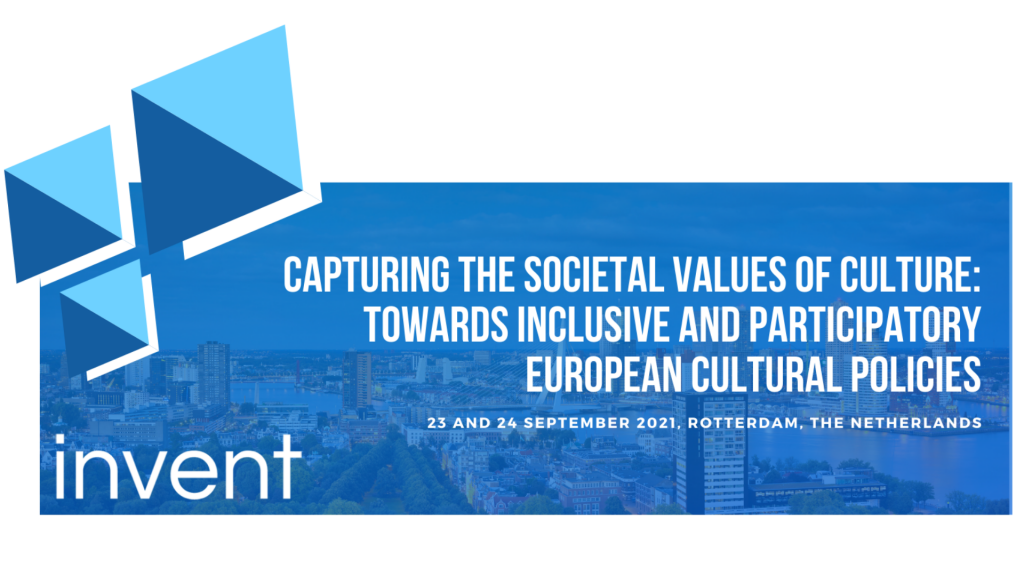

 This project has received funding from the European Union’s Horizon 2020 research and innovation programme under grant agreement No
This project has received funding from the European Union’s Horizon 2020 research and innovation programme under grant agreement No